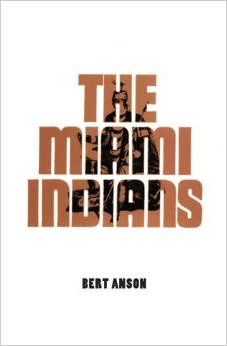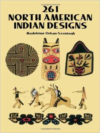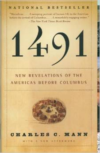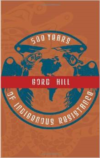Description
One of the small group of tribes comprising the Illinois division of the Algonquian linguistic family, the Miamis emerged as a pivotal tribe only during the French and British imperial wars, the Miami Confederacy wars of the eighteenth century, and the treaty-making period of the nineteenth century. The Miamis reached their peak of political importance in the Indian confederacies which blocked the Northwest Territory in the 1790’s and during the War of 1812. Their title to much of the present state of Indiana enabled them to make advantageous treaties and delay emigration until the late 1840’s. The tribe’s 1846-47 emigrations produced two branches, the Indiana group and the Kansas-Oklahoma group, which have maintained political co-operation in spite of deep-seated cultural antipathies and dispossession. Their solidarity has been rewarded by success in their suits before the United States Court of Claims. This account spans the years from 1658 to the present, emphasizing the occasions on which the Miamis were a decisive influence on the course of American history. Bert Anson, author of many articles published in historical magazines, teaches history in Ball State University, Muncie, Indiana. A graduate of DePauw University, Greencastle, Indiana, he holds a Ph.D. degree from Indiana University. “The Miami Indians covers the era from 1658 to the 1960s, but concentrates on the period when Miami warfare influenced Western development. Miamis fought in a number of engagements involving English and French in the Great Lakes area from 1658 to 1847. Tribal migrations of 1846-47 resulted in two divisions, the Indiana branch and the Kansas-Oklahoma group.”-Arizona and the West






Reviews
There are no reviews yet.